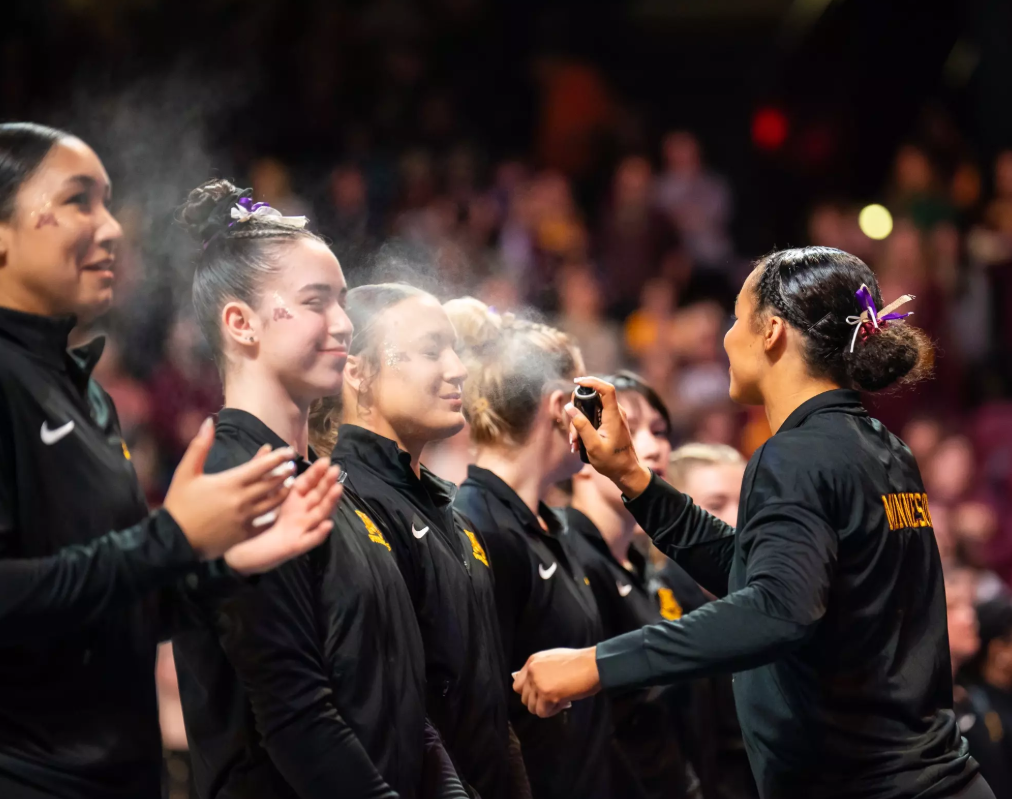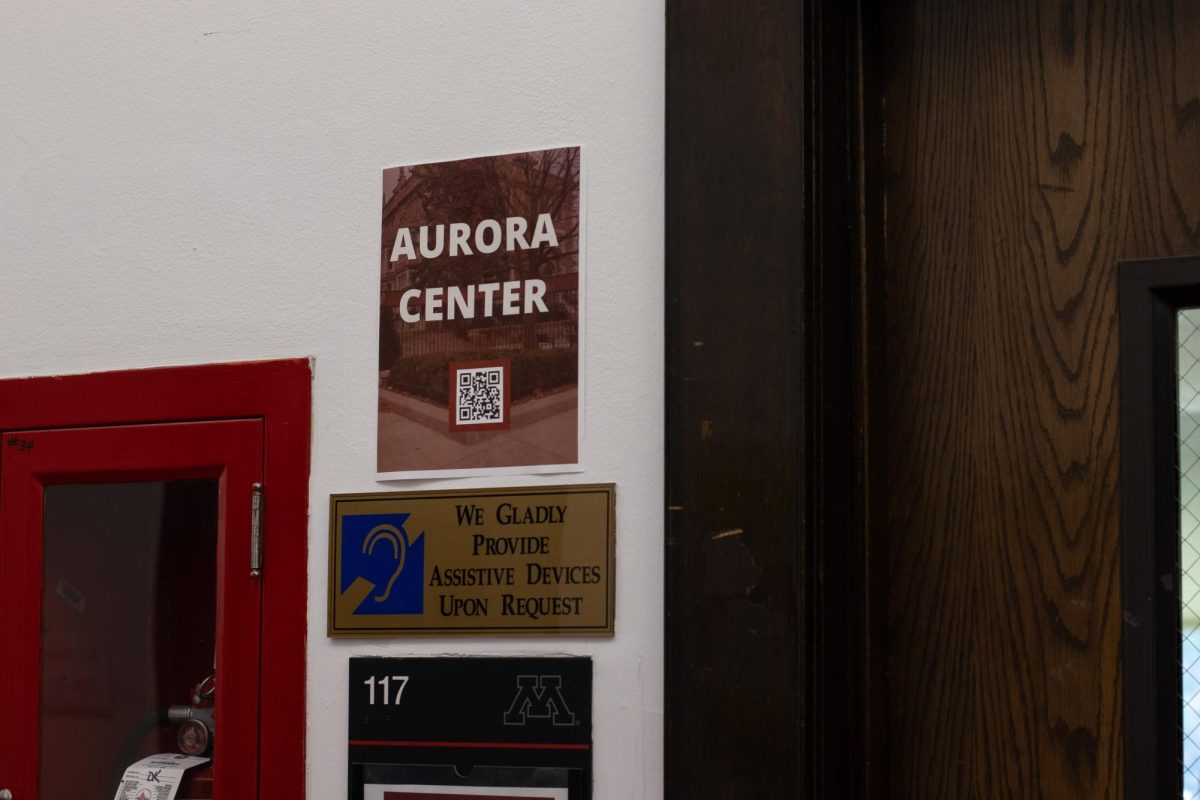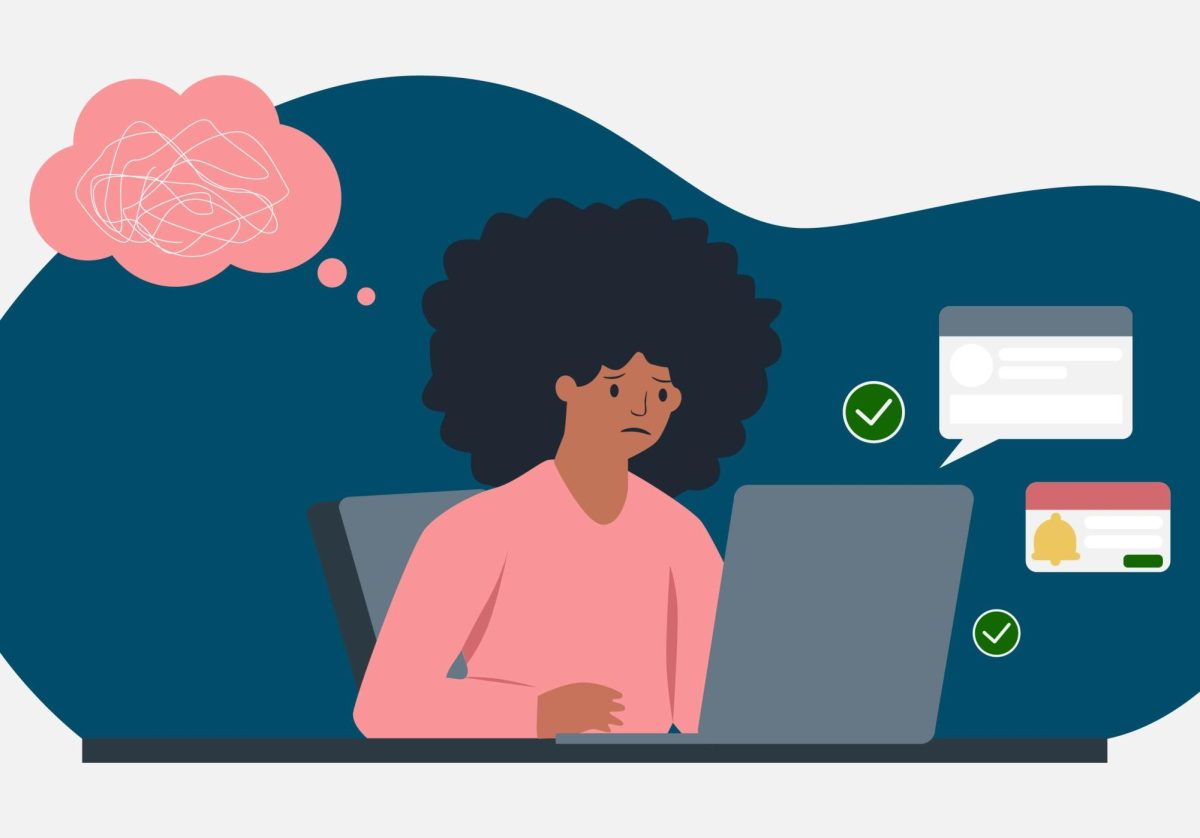I never write my columns from home. Quite frankly, I do very little work from home, preferring instead to seek out abandoned classrooms across campus or hide away in those dark caves Wilson Library calls study rooms. But I got a late start on this one. By the time I was ready to sit down and crank it out, the sun had already set. I considered my options: I could stay home and write my column very, very slowly, or I could step outside, keys between my fingers and pepper spray in my pocket, and pray that no one felt like plucking a young woman off the streets.
I stayed home.
Women have an unspoken curfew. Once the sun goes down and the streetlights flicker on, the illusion of safety dissipates. Sarah Everard knew that. She had 33 years of tricks and techniques to stay alive, 33 years of living in a world that is not just unfriendly to women but actively hunts them down. It wasn’t enough.
She tried to do something that no man would think twice about: She walked home after dark. She told her boyfriend she was leaving, and she took the well-lit path, even though it was the longer route. She even passed up heels in favor of flats, in case she had to run. Everard was found dead a week later. She followed every rule, and — despite her diligence — she was killed.
As much as I wish it were, Everard’s story is not unique.
Women are not safe. Women are not safe because of the society men have created. And yes, you’re right; not all men murder women. Men are also the victims of societal violence. But it isn’t a competition. When women are murdered, it is uniquely entrenched in societal oppression. Men are murdered primarily by gang violence or random crimes and generally at the hands of other men. Women are murdered by their husbands, partners, family and friends. Men pay their way through the world with money, intelligence and connections. Women are forced to pay with their looks and what they can do for men and must hope that they do not end up paying with their lives for it. Femicide is an epidemic that goes largely unnoticed in the Western world. We seem to think that just because women can go to college, vote and open bank accounts, we have ended sexism for all eternity.
In the U.K., 97% of women have experienced sexual harassment. In 2019, a survey found that one in four undergraduate women at the University of Minnesota said they had been sexually assaulted on campus. Yet, women who speak up on behalf of themselves are often punished for it, told feminism is dead or even labeled “feminazis” and “man-haters.” I could write an entire column on how disgusting it is that pushing for equal treatment gets women grouped with the orchestrators of the Holocaust.
But sexism is not without consequence. Misogyny is systemic; we are born into a society that tells women we are to be dainty, timid and grateful for every opportunity we receive, no matter how unequal. Women are to be kept and taken care of, like pets. Misogyny exists in every facet of our society. Misandry, however, is cultivated. Our society frames men as strong and capable. Not only does that marketing strategy negatively impact the mental health of men, but it also blinds them to the sexism of everyday life. Misandry — the dislike or contempt for men — is not generally a conscious choice but a response cultivated by years of suppression and mistreatment. Men create misandry among women, steeping us in resentment and anger until we no longer have room for complacency. If men choose not to address misogyny, women become entitled to misandry. Who among the oppressed remains sympathetic to the oppressor?
Misogyny is only amplified for women of color and trans women, who are left to navigate the intersections of sexism, racism and homophobia with little support. Black and Indigenous women experience the highest homicide rates among all women, and 55.3% of women who are murder victims die due to intimate partner violence. In 2020, at least 44 trans or gender non-conforming people were murder victims in the U.S. and Puerto Rico. We cannot properly discuss this issue without acknowledging that though it impacts all women, even violence is not experienced equally.
You want an easy way to put some cracks in the walls of misogyny? Stop calling women “bitches.” Bitch is a gendered slur, and I’m telling you right now that it carries a different weight when it comes from a man’s mouth. Associating femininity with a derogatory and offensive word reinforces sexism, even in casual use. If women can wake up every day and devote significant energy to navigating a world meant to break them down, you can eliminate one word from your vocabulary.
What more must a woman do to stay alive? Walking outside is one of the few COVID-19-safe activities we can engage in these days. Sarah Everard’s story shows us that while we might not catch COVID-19, simple freedom is not without its consequences.
If you think I’m taking this to the extreme, please, call your sister. Call your daughter. Call your mother or your aunt or your wife. Ask her if she feels safe walking alone at night. Ask her how old she was the first time she got catcalled. Ask her if she checks her back seat before climbing into her car and if she’s ever had a stranger get angry with her because she turned them down. Ask her if she knows women who have experienced violence at the hands of a man. This isn’t one woman out of every thousand. This is happening to every woman that you care about, too.














Easter Sunday
Mar 20, 2021 at 10:57 am
This is an emotional argument that has no grounding in reality if viewed under the statistics of homicide by gender. Men are murdered and assaulted at a higher rate than women. If someone, no matter their gender feels unsafe walking into dangerous areas alone at night then they should exercise caution and use common sense.
Count Ringworm
Mar 18, 2021 at 8:38 pm
Why does violence against women cause greater outrage among feminists than violence against children?